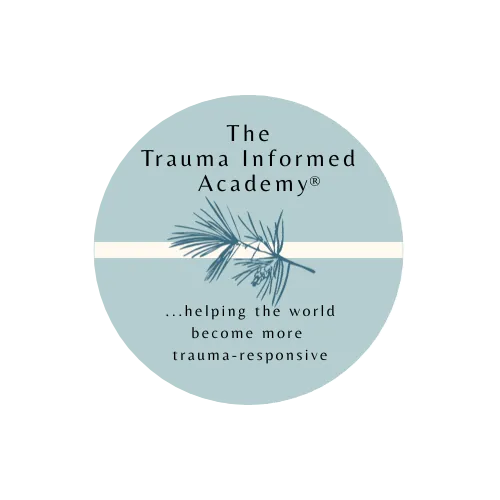

Don’t ask staff to pour from empty cups…
If we ask frontline staff to be trauma-informed without giving them the tools to manage their own histories, we are setting them up to fail—and asking them to pour from empty cups. Burnout isn’t just about staffing shortages. It’s about the emotional load of holding pain without a place to process it.
We can—and must—do better. That means training that’s practical, compassionate, and rooted in trauma-responsive emotional intelligence skills like self-regulation, social skills, connection, and choice. That means moving from trauma-informed to trauma-responsive systems—ones that actively reduce the risk of harm for everyone.
Because when staff feel safe, heard, and empowered, they are more able to offer the same to residents. This is not just philosophy. It’s physics: regulated nervous systems co-regulate each other.
If you want to increase the risk of residents' self-regulation? Increase staff ability to do so as well. The better their capacity for coping and modeling instead of controlling and demanding, the easier the work is on everyone.
PS--this is true in every industry where people work with people: education, healthcare, faith communities, first responders, law offices, medical offices. And, with those beloved rescue pets.



Email our Admin:
©Copyright 2025 EPower & Associates, Inc. All Rights Reserved.
Privacy Policy | Terms of Use
Featured On...


